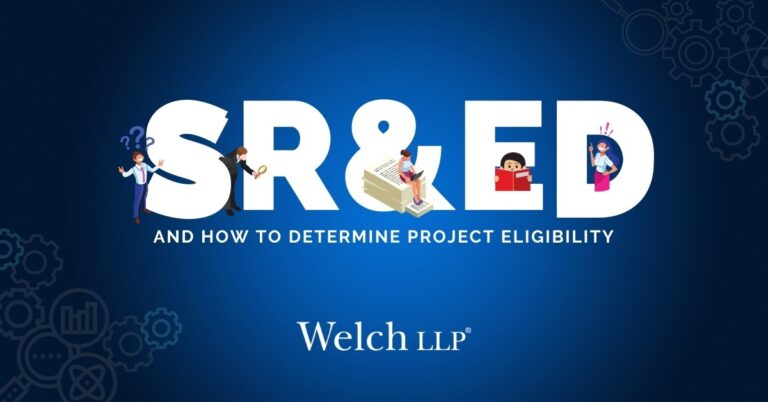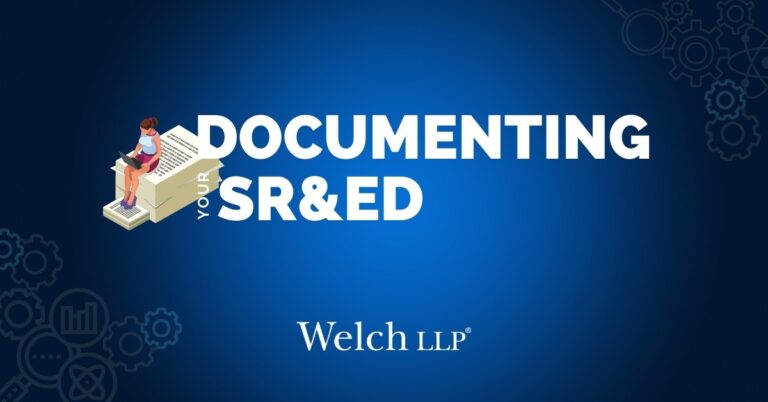 Many Canadian businesses are currently applying for tax credits or have sometime in the past. When businesses receive the credits, they are often applied against tax payable or reinvested in the company. These credits can increase cash flow and can be significant depending on the qualifying expenses incurred by the corporation. Salary expenses are a significant contributor towards tax credits and in circumstances where cash flow is limited, a prudent option to consider is a salary accrual.
Many Canadian businesses are currently applying for tax credits or have sometime in the past. When businesses receive the credits, they are often applied against tax payable or reinvested in the company. These credits can increase cash flow and can be significant depending on the qualifying expenses incurred by the corporation. Salary expenses are a significant contributor towards tax credits and in circumstances where cash flow is limited, a prudent option to consider is a salary accrual.
A corporation may expense eligible employee salaries through an accrual process provided:
- The corporation pays the salary and tax withholdings within 180 days of the corporation’s fiscal year end, and;
- A Director’s resolution is drafted and approved to support the salary payment; this must be available upon request.
[su_row]
[su_column size=”1/6″] [/su_column]
[/su_column]
[su_column size=”5/6″]
Accrual for owner managed businesses
Let us consider an owner managed scenario with controlling relationship to ACo and BCo (corporations are associated for tax rules) with ACo benefitting from SR&ED tax credits. In these situations, intercompany cash payments to support the transfer of R&D expenses are possible. These types of transactions are complex in nature and are beyond the scope of this blog.
[/su_column]
[/su_row]
[su_row]
[su_column size=”1/6″] [/su_column]
[/su_column]
[su_column size=”5/6″]
When is an accrual scenario of value?
If a company is eligible for refundable tax credits, a salary accrual scenario should be explored. Similarly, if the credits are non-refundable, an accrual may be of value when the tax credits can materially offset taxes otherwise payable. In all other conditions, an accrual may create a tax loss requiring further exploration before exercising.
[/su_column]
[/su_row]
[su_row]
[su_column size=”1/6″] [/su_column]
[/su_column]
[su_column size=”5/6″]
Should the owner consider an accrual
Interestingly, the answer to this depends on several factors as indicated here: (i) refundable status of the company; (ii) taxable nature of the company; (iii) the owner’s involvement in research and development activities on which SR&ED tax credits are claimed; (iv) the effective personal tax rate of the owner; and (v) the ability to pay withholding taxes (cash outflow) while waiting for the tax credits to be received. These factors can have significant consequences. Timing limitations and all other risks should be made clear to the owner when determining if an accrual is the correct strategy for them. In related situations that include a Professional Corporation, an accrual approach requires a more detailed tax analysis before being implemented.[/su_column]
[/su_row]
In summary, salary accrual can be a valuable option to exercise with its many advantages. However, it is a short term approach and not all situations will merit it even if there is a cash flow constraint. As always, professional care has to be applied when advising business owners of potential accrual strategies.
Please contact Joshua Smith at Welch LLP for more information on Business Tax Incentives and tax services.











